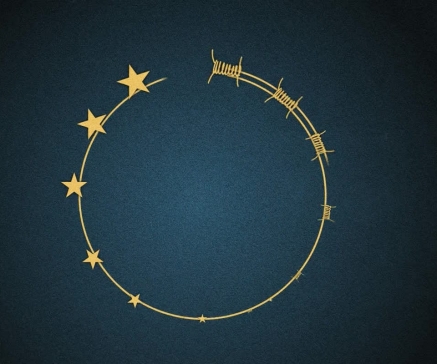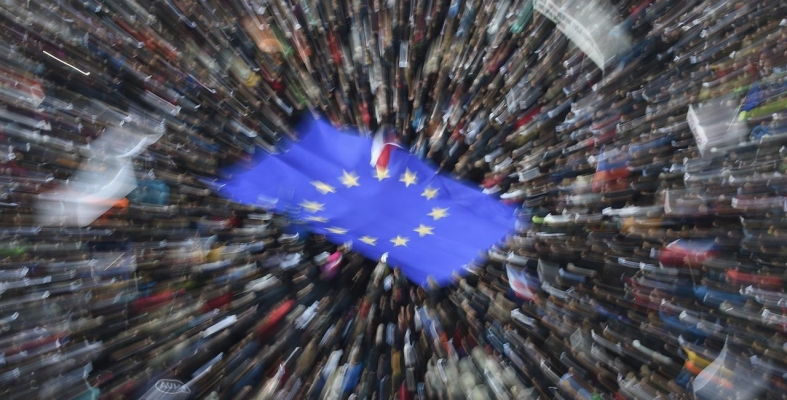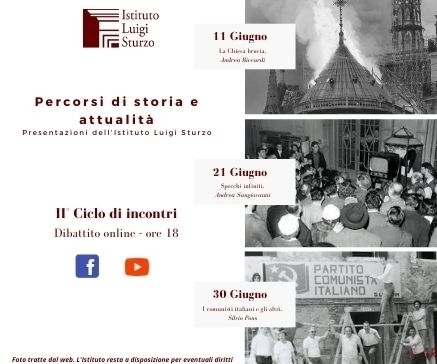
Projects

A generational confrontation to revive Europe
The project “A generational confrontation to revive Europe” is carried out by the Luigi Sturzo Institute, with the support of the Ministry of Foreign Affairs and International Cooperation.
The project aims to promote an informed debate on the meaning of the European Union in the current context, and start a shared reflection on the reforms necessary to re-launch the project, involving young researchers, experts, scholars, institutional and civil society representatives, which can translate into a concrete and inclusive exercise to address the future of European governance.
This reflection imposes itself in the light of the numerous challenges with which the EU has faced in recent years, which have put a strain on its overall strength and questioning some of its fundamental cornerstones, starting from the same unity and solidarity, fueling a growing mistrust of citizens towards the European institutions. Thus, while some usual paths towards deeper integration now seem more difficult to travel and talking about “more Europe” may seem bold, a possible alternative is increasingly being identified in the application of the principle of differentiation. The most recent emergency COVID19 has represent a further difficult test for Europe and makes a reflection on the future of the Union even more necessary. If the governance that regulates the life of the EU shows clear limits, this must not discourage the desire to continue on a path that has already ensured peace, economic development and the creation of the new European subjectivity for many decades.
The project was divided into a series of in-depth seminars and discussions on the main topics of debate, from the migration crisis to the EU after Brexit, aimed primarily at young people, and provides for the publication of a volume of reflection, in which teachers participate, institutional representatives and young researchers dealing with European affairs.
That is the seminary program:
- January 10th, 2020 Inauguration of the seminar cycle: “Democrazia europea e futuro dell’UE” with Prof. Nicola Antonetti, President of Luigi Sturzo Institute – Seminar Report January 10th, 2020
- February 13th, 2020, Seminar “Il futuro dell’Europa dopo la Brexit” with Prof. Federico Fabbrini, DDirector of the Brexit Institute of Dublin City University – Seminar Report February 13th, 2020
- February 25th, 2020 Seminar “Perché l’integrazione europea” with Cristiano Zagari, Scientific Director of La Parabola Study Center – Seminar Report February 25th, 2020
- April 29th, 2020 Seminar “Il ruolo globale dell’Unione europea” with Nicoletta Pirozzi, ead of the “EU, politics and institutions” program and institutional relations, Institute for International Affairs – Seminar Report April 29th, 2020
- May 7th, 2020 Seminar “Dopo la pandemia: un progetto per l’Europa” with Pier Virgilio Dastoli, President of the Italian Council of the European Movement – Seminar Report May 7th, 2020
- June 25th, 2020 Seminar “Quale rule of law per l’Unione europea?” with Raffaele Torino full Professor of Comparative Private Law, Roma Tre University; Cristina Fasone, Professor of comparative public law, LUISS Guido Carli; Giuseppe Martinico, Associate Professor of comparative public law, Scuola Superiore Sant’Anna of Pisa – Seminar Report June 25th, 2020
The final event of the initiative was held on June 15th, 2020 with the webinar “What future for Europe?” with the participation of the Minister for European Affairs Vincenzo Amendola and representatives of various think tanks with which the Sturzo Institute is carrying out reflections on the Europe of the future – Final Event Report June 15th, 2020
Finally, the project included the publication of the volume “Riflessioni sul futuro dell’Europa” by Loredana Teodorescu, with a preface by Prof. Nicola Antonetti and an introduction by the Min. Plen. Armando Barucco and the Segr. Leg Lorenzo Vai. The volume collects twenty reflections, which revolve around the theme of democracy and the rule of law, the EU as a political project, the contribution of young people and European culture as a unifying factor, integration and immigration policy, with the attempt to also provide concrete ideas in terms of policy in view of the Conference on the Future of Europe.



